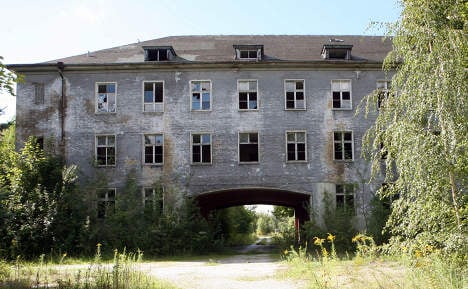Minister for Transport, Building and Urban Affairs Peter Ramsauer met representatives from student unions, housing companies and local authorities for their ideas of where Germany’s tens of thousands of homeless students could be housed, Die Welt newspaper said on Tuesday.
Suggestions varied from the creative, like converting disused army barracks and floating hotels, to the political – asking for increased grants from state-run development bank the KfW to build new accommodation.
All agreed on how urgently the country needed more housing. Ramsauer told the group that roughly 70,000 student flats were needed.
German student union the DSW said it was calling for a new state-funded, student housing building project. “Houses for students in university towns must remain affordable,” said the organisation’s general secretary Achim Meyer auf der Heyde.
The paper said experts would meet again in the New Year to discuss the ideas further.
The Local/jcw



 Please whitelist us to continue reading.
Please whitelist us to continue reading.
Member comments